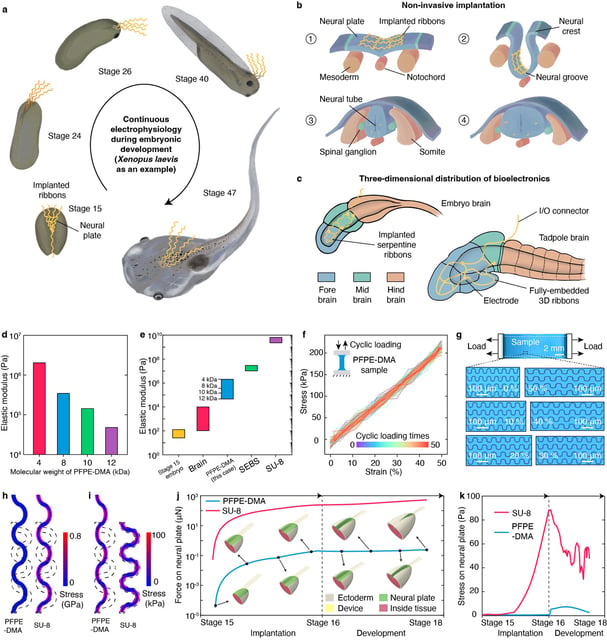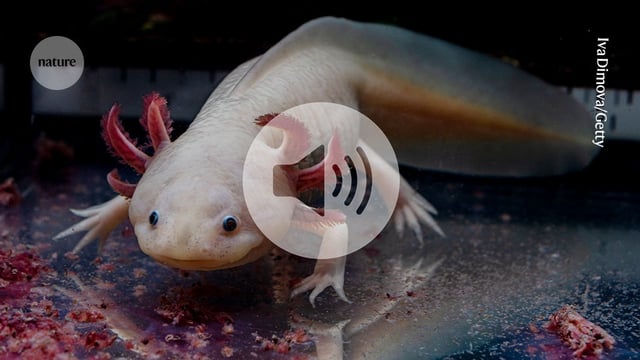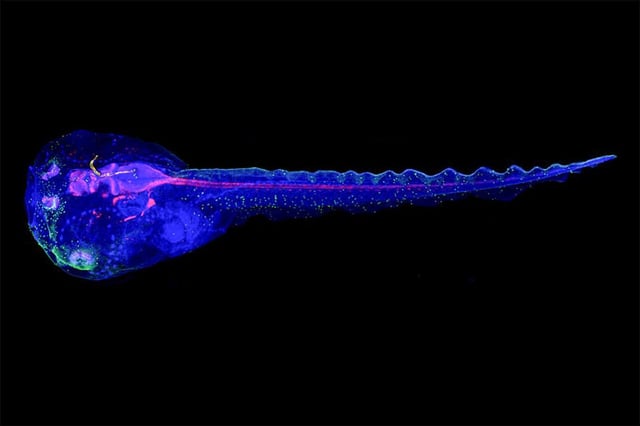Overview
- Researchers at Harvard SEAS developed a stretchable bioelectronic mesh from fluorinated elastomers and implanted it into tadpole and axolotl embryos' neural plates.
- The device integrates into developing brains to capture electrical activity from single neurons at millisecond resolution.
- In vivo trials confirmed that the implant does not disrupt normal embryonic growth or behavior.
- Preliminary compatibility tests suggest the technology could be applied to mouse embryos and neonatal rats for broader vertebrate research.
- Harvard has licensed the core materials to Axoft, a startup co-founded by Jia Liu, aiming to scale the soft bioelectronics for studies of neurodevelopmental disorders.



